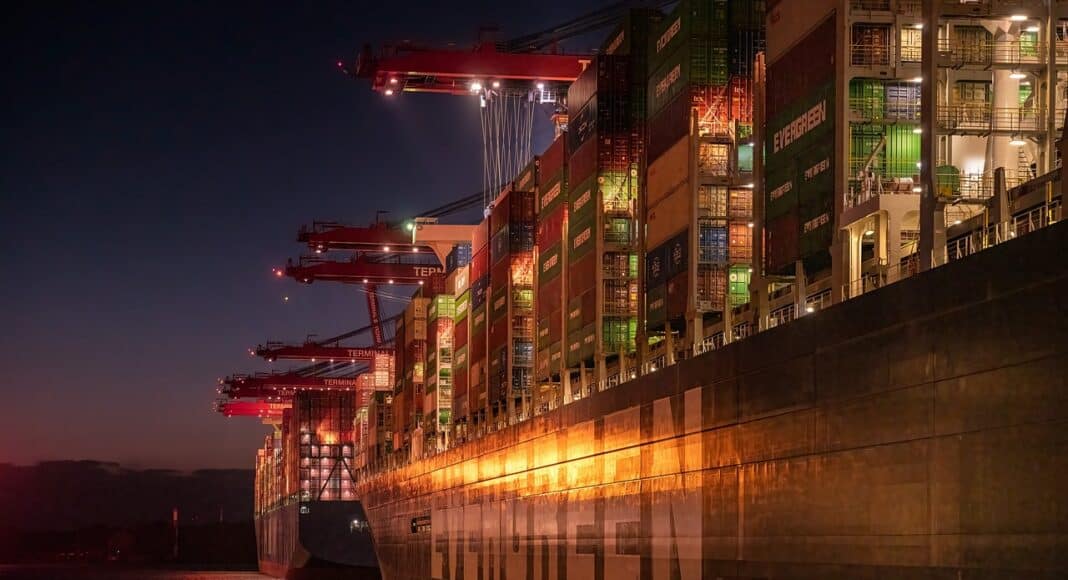The International Longshore and Warehouse Union (ILWU) members have voted in favour of a tentative agreement ending a month long strike at British Columbia’s ports, an Aug. 4 news release said. ILWU members voted 74.66 per cent in favour of accepting the terms of the settlement.
The vote brings to end a month long strike which saw previous tentative agreements rejected by the ILWU leadership and had 7,200 port workers at roughly 30 B.C. ports walk off the job. In an Aug. 4 news release from the B.C. Maritime Employers Association (BCMEA) it was stated the new agreement is for four years and was reached with assistance from the Canada Industrial Relations Board. The renewed collective agreement includes increases in wages, benefits and training that recognizes the skills and efforts of B.C.’s waterfront workforce, while providing certainty and stability for Canada’s West Coast ports.
“As we move forward to implement the terms of the agreement, we are committed to working collaboratively with our labour partners, the federal government and key stakeholders to rebuild the reputation of Canada’s largest gateway,” BCMEA said in the release.
On July 18 the ILWU internal caucus leadership rejected a tentative agreement reached on July 13. The deal wasn’t voted on by ILWU membership and ILWU told BCMEA it would be striking again as of 4:30 p.m. on July 18. On June 28, ILWU issued the initial 72-hour strike notice stating it was seeking a fair deal that respects Longshore workers and that negotiations had been ongoing since February.
The strike affected shipments from Canada and led to cargo backlogs. On July 11 Nutrien announced it would be curtailing production at its Cory potash mine due to the loss of export capacity through Canpotex’s Neptune terminal because of the strike.
“The BCMEA recognizes and regrets the profound repercussions this labour disruption has had on the national economy, workers, businesses and ultimately, all Canadians that depend on an efficient and reliable supply chain. All supply chain stakeholders must collaborate now to ensure we do not see disruptions like this ever again. Whether in Halifax, Montreal, or the Pacific Gateway, Canadians are relying on us – employers, unions, and the federal government – to keep goods flowing and ensure supply chain stability and resilience for the future,” BCMEA said.
Related Articles
B.C. Port Workers Back to Picket Lines
B.C. Port Workers on Strike as of July 1
Majority of Canadian Public Service Employees Back to Work Following Strike











